Farm & Ranch
Genetic Abnormalities Curly calf syndrome, bull dog calves, curly toe and spastic paresis
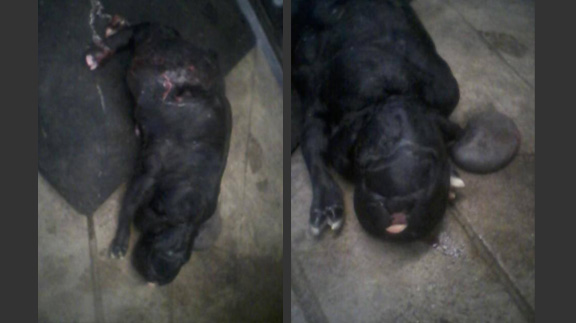
By Jessica Crabtree and Dr. Jered Harlan
For livestock, genetic abnormalities or birth defects are not uncommon. These are seen from both environmental causes as well as genetic causes.
According to the Ontario Ministry of Agriculture, Food and Rural Affairs, www.omafra.gov, defects can cause abortion or be present at birth in most breeds of cattle. They could manifest in ways such as skeleton abnormalities, body form and body functions.
Given the two causes, environmental causes can be monitored and adjusted to reduce any further economic loss. Genetic causes, inherited by parents, are much more complex and difficult to modify.
Environmental causes of concern are disease and diet. Genetic causes go much further. The animal’s genetic makeup inherited from parents has many genes in each chromosome. It is the same with humans.
Defects or abnormalities occur when genes are missing, are in excess or in the wrong location called translocation.
It has been researched that a few genes directly cause abnormality, but that it is also quite rare, and usually these genes are recessive, meaning two must be present to cause any abnormality. Both mother and father must be carriers of the gene for this to cause defects. In this case, one of every four offspring will result in abnormalities.
To read more pick up a copy of the May 2017 NTFR issue. To subscribe call 940-872-5922.
Farm & Ranch
Managing Show Cattle Through The Winter

By Heather Welper
Husband and wife duo, Heather and Calvin Welper, are the Co-Owners and Operators or Two C Livestock, located in Valley View, Texas.
The pair’s operation has a show cattle focus where they raise and sell purebred heifers of all breeds and club calf Hereford steers.
When it comes to show cattle, the Welpers know a thing or two including how to prepare for the cold winter months and the Texas major show season run.
To read more, pick up a copy of the November edition of North Texas Farm & Ranch magazine, available digitally and in print. To subscribe by mail, call 940-872-5922.
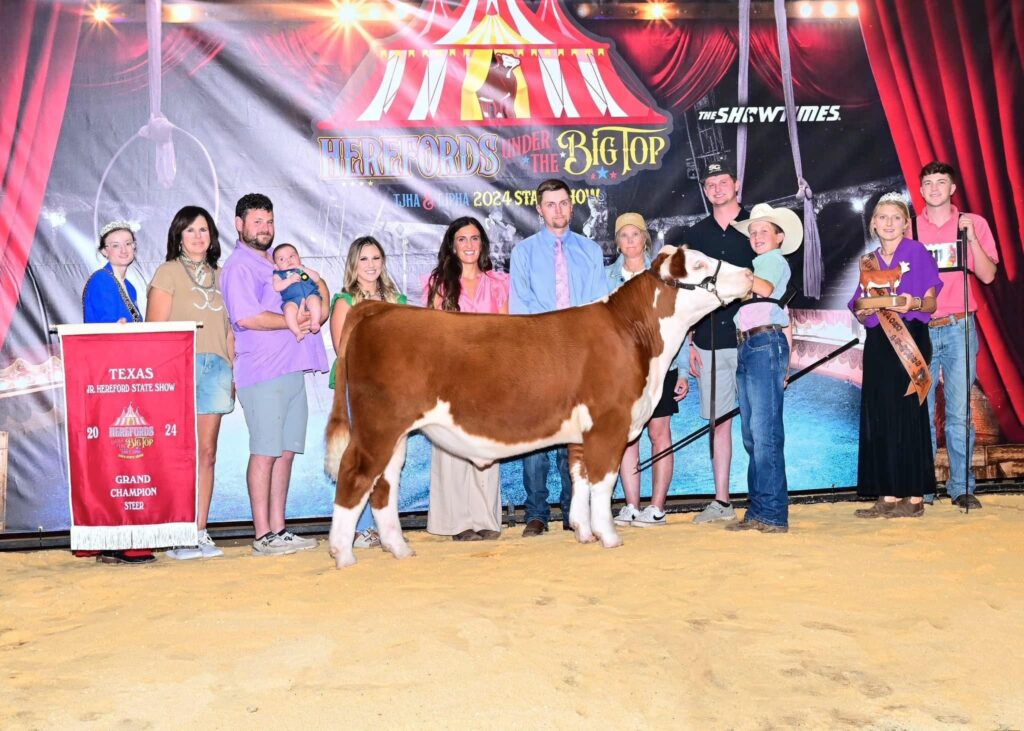
Farm & Ranch
Double M Ranch & Rescue

By Hannah Claxton, Editor
As the sun rises each day, so do the dozens of mouths that Meghan McGovern is responsible for getting fed. Rather than the sounds of a rooster crowing, McGovern hears the bellows and bleats of a variety of exotic deer, the chortle of kangaroos, the grunts of water buffaloes, and the chirps of a lemur.
Nestled against the banks of the Red River, the Double M Ranch and Rescue, with its high game fences and deer sprinkling the landscape,s its in stark contrast to the surrounding ranches.
“Having deer is kind of like eating potato chips- you can never actually have just one,” said McGovern with a laugh.
McGovern has several herds to take care of- fallow deer, axis deer, water buffalo, goats, and bison. In smaller numbers, there’s also a few kangaroos, a lemur, a potbelly pig, a pair of zebras, a watusi, and a few horses.
To read more, pick up a copy of the November edition of North Texas Farm & Ranch magazine, available digitally and in print. To subscribe by mail, call 940-872-5922.
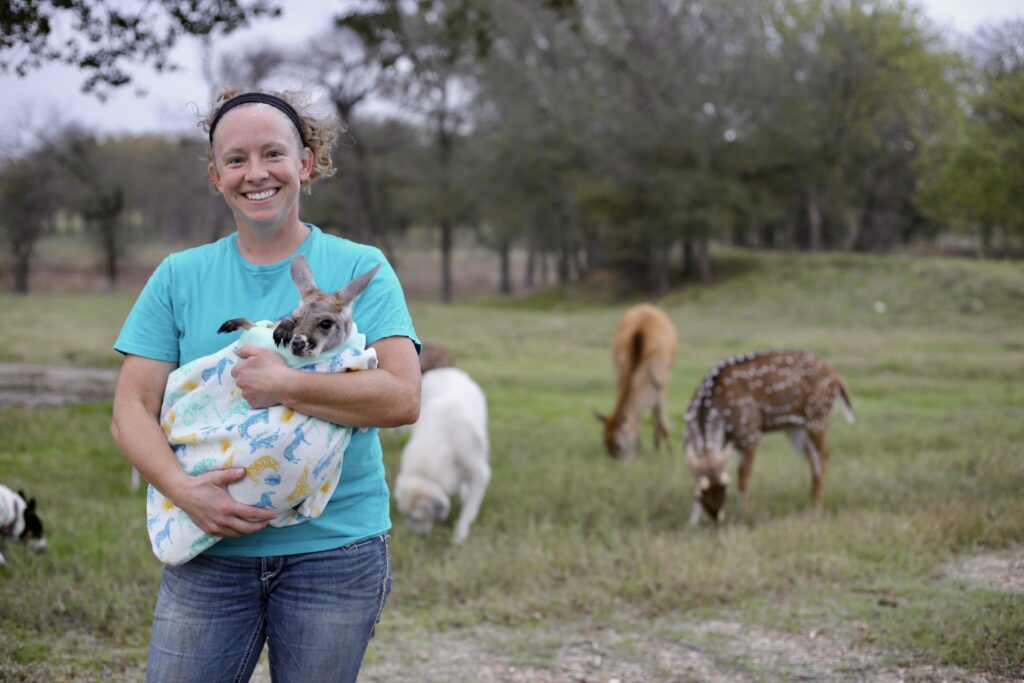
Farm & Ranch
Acorn Toxicity
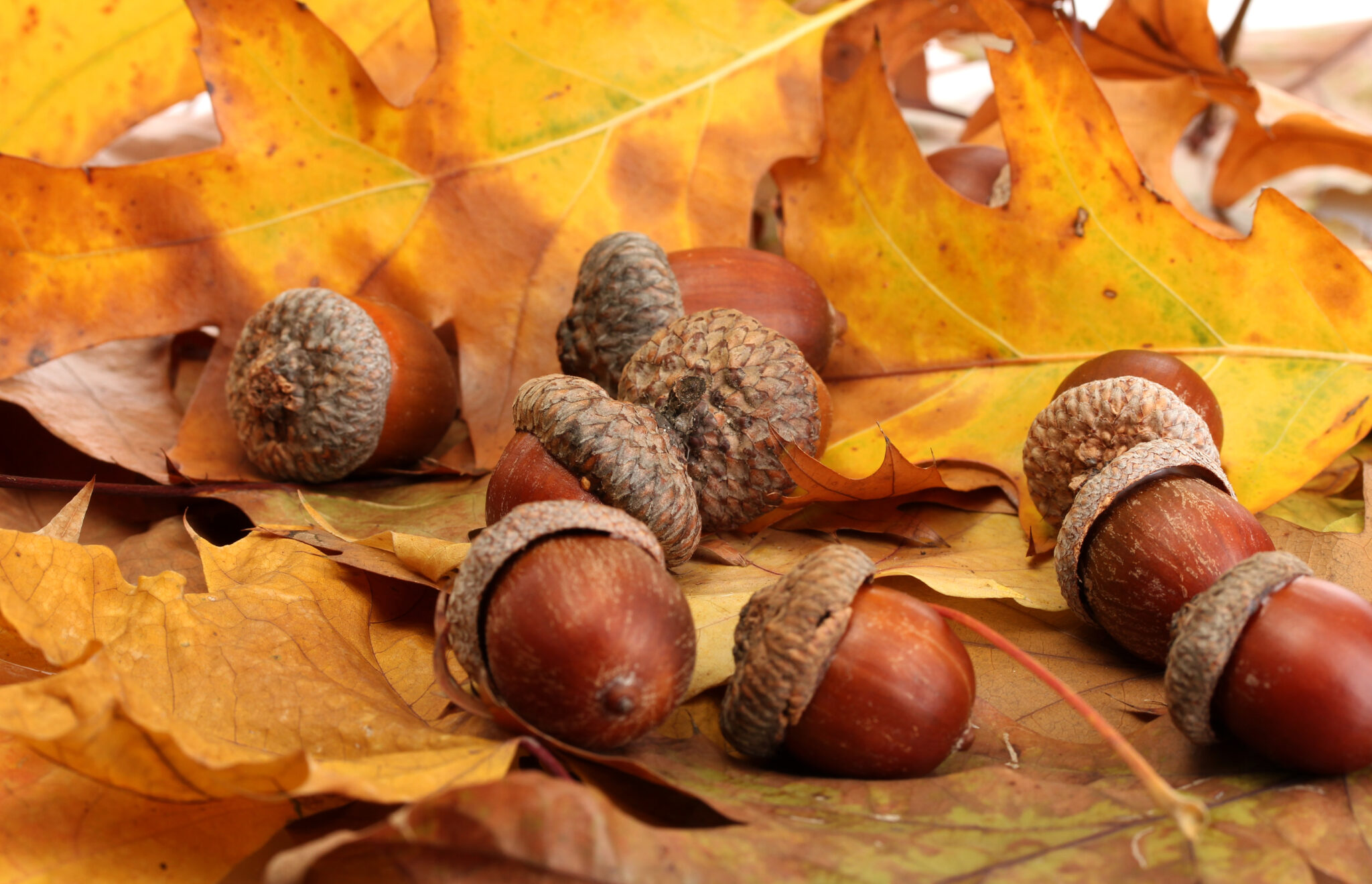
By Barry Whitworth, DVM, MPH
With the prolonged drought, most pastures in Oklahoma end up in poor condition. With the lack of available forage, animals may go in search of alternative foods.
If oak trees are in the pastures, acorns may be a favorite meal for some livestock in the fall. This may result in oak poisoning.
Oak leaves, twigs, buds, and acorns may be toxic to some animals when consumed.
To read more, pick up a copy of the November edition of North Texas Farm & Ranch magazine, available digitally and in print. To subscribe by mail, call 940-872-5922.
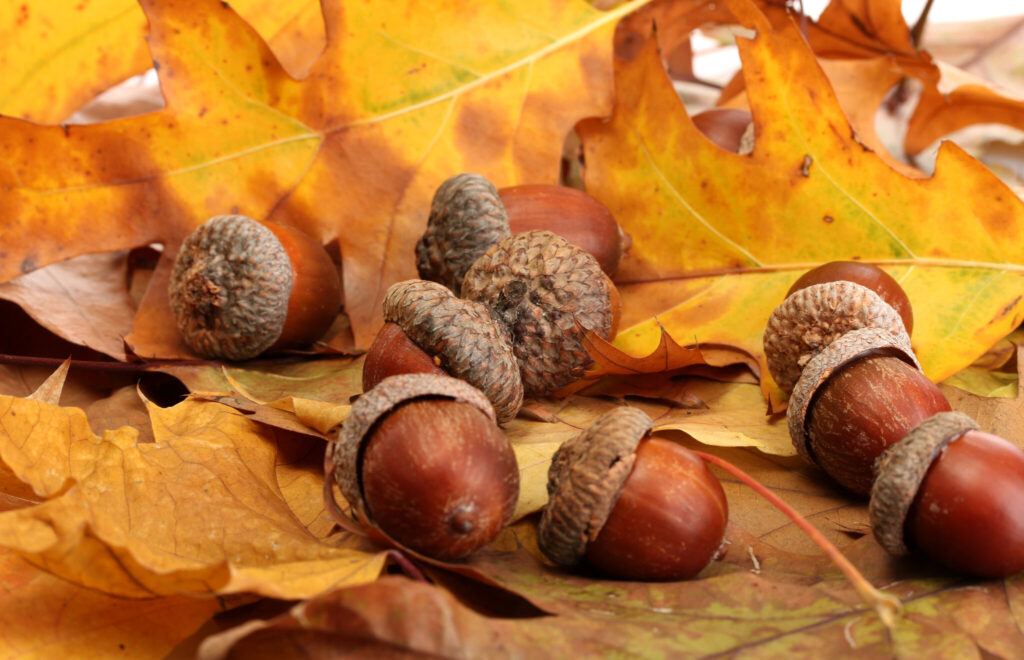
-

 Country Lifestyles2 years ago
Country Lifestyles2 years agoScott & Stacey Schumacher: A Growth Mindset
-

 Country Lifestyles8 years ago
Country Lifestyles8 years agoStyle Your Profile – What your style cowboy hat says about you and new trends in 2017
-

 HOME8 years ago
HOME8 years agoGrazing North Texas – Wilman Lovegrass
-

 Outdoor10 years ago
Outdoor10 years agoButtercup or Primrose?
-

 Country Lifestyles5 years ago
Country Lifestyles5 years agoAmber Crawford, Breakaway Roper
-

 Equine1 year ago
Equine1 year agoThe Will to Win
-

 Country Lifestyles9 years ago
Country Lifestyles9 years agoJune 2016 Profile – The man behind the mic: Bob Tallman
-

 Country Lifestyles8 years ago
Country Lifestyles8 years agoDecember 2016 Profile, Rusty Riddle – The Riddle Way




